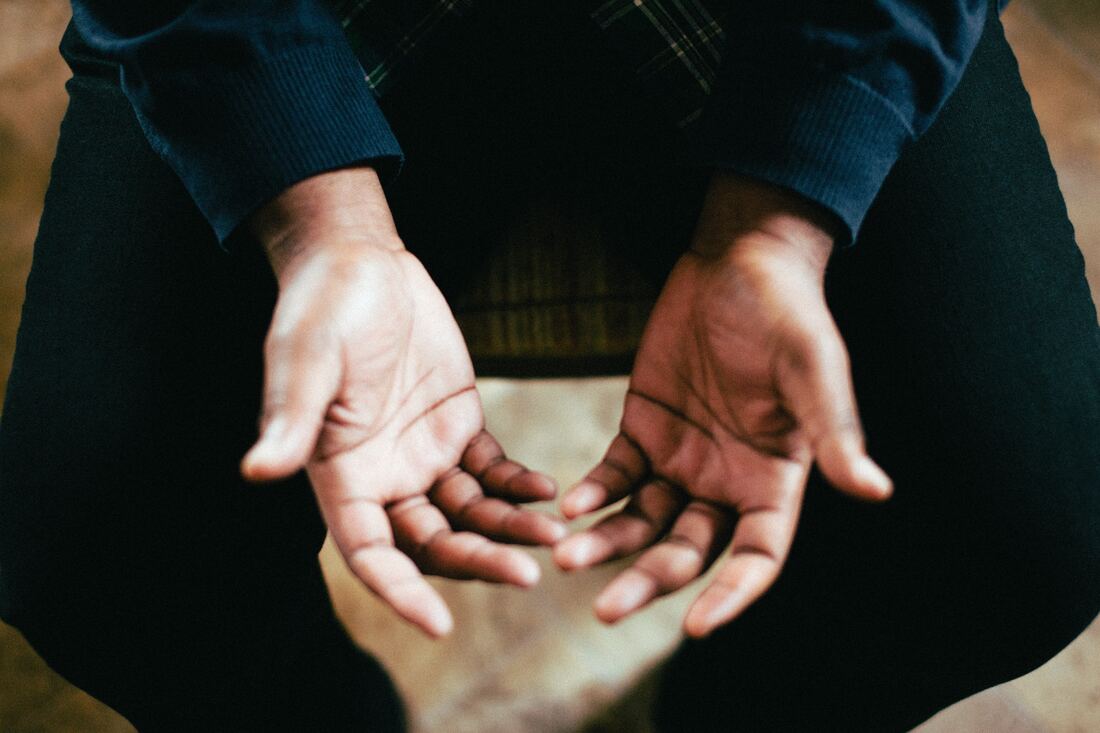Talk therapy is important. But, as renowned traumatologist Peter Fonagy points out, it cannot be the only solution to resolving mass attacks or natural disaster events. Fonagy, along with increasingly more experts who study the long term effects of disaster on communities, advocates for cultivating "good relationships" within communities as a form of antibody against potential traumatic impacts from disaster. "If you have good relationships they actually help you assimilate that experience." What is the essence or character of the kind of "good relationships" that help you assimilate or metabolize adversity? Mainly, reliable care, expressed through language, physical touch, food, space, and ritual. The idiosyncratic displays of these expressions may change from community to community, infused by cultural norms. What determines whether the way they are expressed is "right," is whether the survivor perceives any of these expressions as caring. Which means, the caregiver also must continually observe and adapt as needed. Who are the caregivers in a community? The ones providing "good relationships" to survivors? They may be family, teachers, neighbors, faith leaders, sport coaches, friends, coworkers, and fellow survivors. Each in their own way, without carrying the full burden of response solely on their own shoulders, contribute to a village of care for survivors. They help provide the stepping stones known to foster healing and restoration:
Talk therapy is only one, of many, important practices that communities can offer survivors across the long-term trajectory of healing after disaster. Unfortunately, too many communities today are relying on talk therapy as the only way to solve mental health challenges in their community. They miss the caring resources which may exist right in their midst. We can all do more to remind ourselves and those around us of how healing is not only, and cannot only be, a professional task. Rather, it is a communal task, in which talk therapy is one of many proven resources for healing. What are some of the ways your community is resolving disaster, beyond only talk therapy? Share in the comments below.
0 Comments
|
�
ICTG BLOGFrom 2012-2020, this blog space explored the changing landscape of long-term care. This website serves as a historical mark of work the Institute conducted prior to 2022. This website is no longer updated.
Archives
December 2020
Categories
All
|



 RSS Feed
RSS Feed
